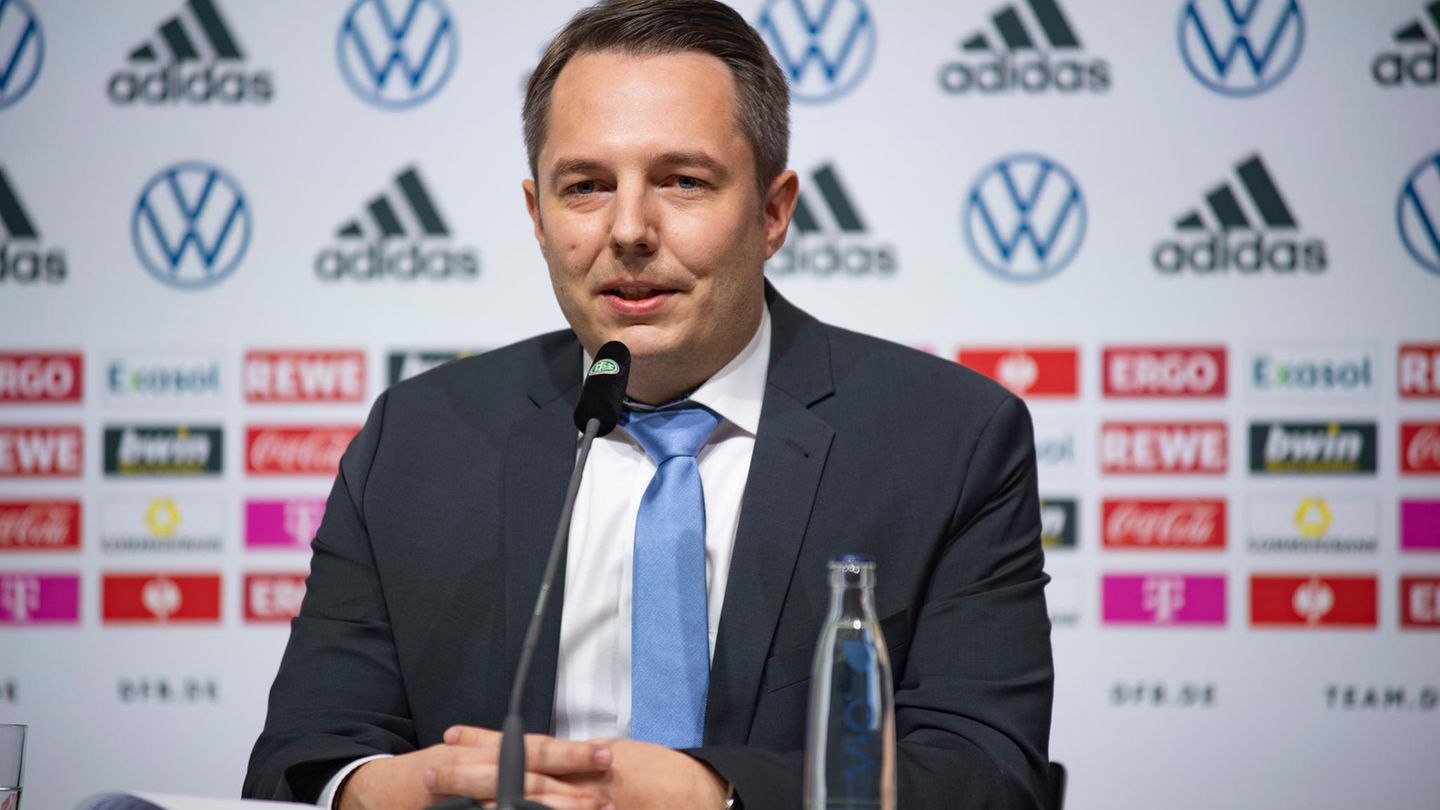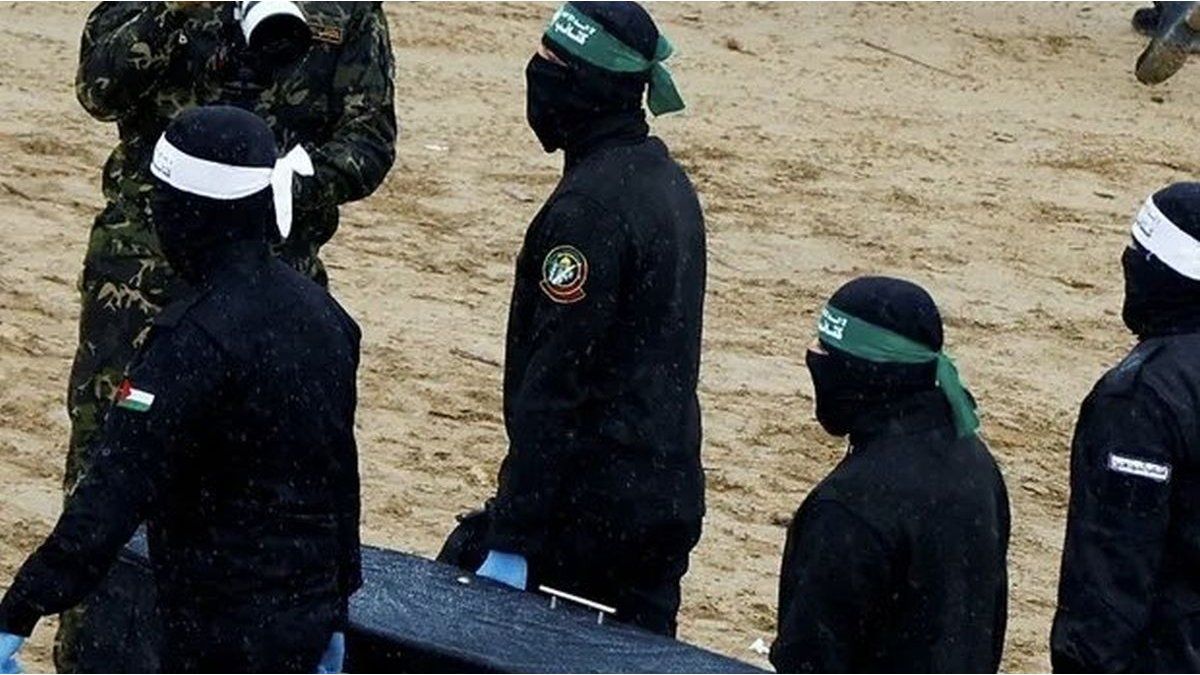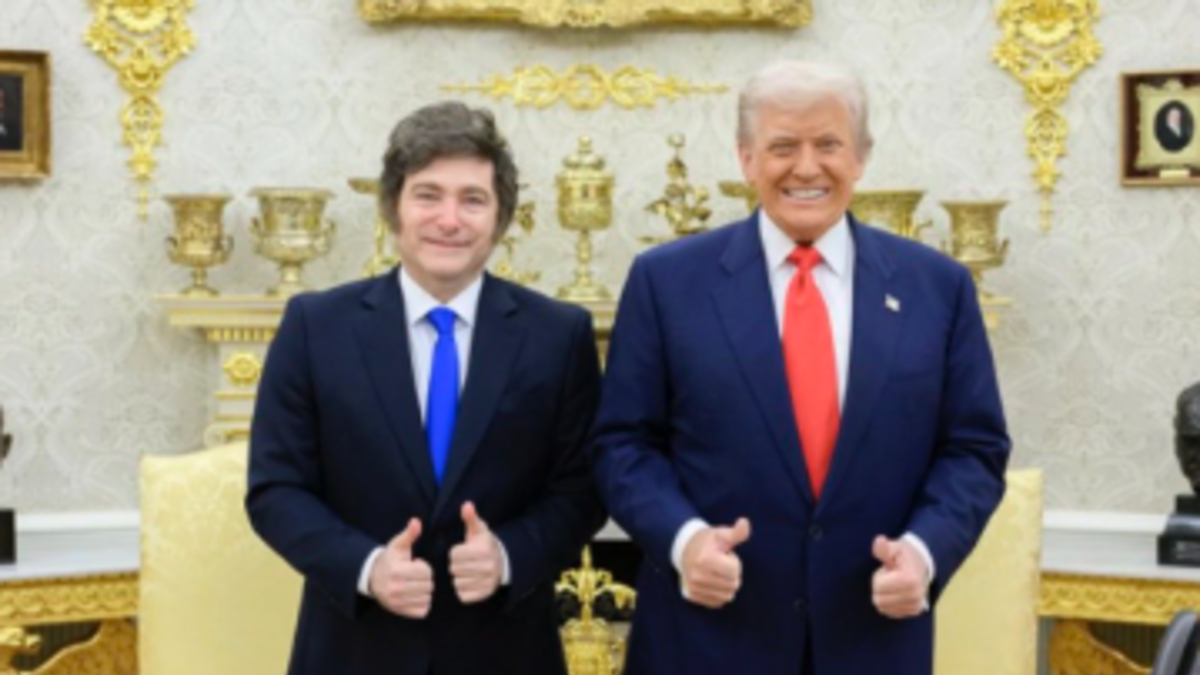interview
Why is the DFB changing supplier after seven decades? In an interview, treasurer Stephan Grunwald explains how the mega deal with Nike came about, why the decision was imperative – and why he considers the criticism of it to be “co-operation”.
This article is adapted from the business magazine Capital and is available here for ten days. Afterwards it will only be available to read at again. Capital belongs like that star to RTL Germany.
Mr. Grunwald, the DFB had already received an offer from Nike in 2007 that would have brought in significantly more money than that of its long-standing partner Adidas. At that time the association rejected it. Why did you decide differently today?
Stephan Grunwald: The central difference is that for the first time in the history of the DFB we have carried out a transparent tendering process for the equipment contract. The process started at the end of January and we informed all market participants about this with extensive documents. You can imagine this as in the public sector. Even though the new contract doesn’t run until 2027, we had to bring the process to the market so early because other associations are now facing tenders, for example the French. It is therefore important for sporting goods manufacturers to know in good time how they are positioning themselves in the overall market. In the case of the DFB, the bidders submitted their offers on March 15th, and the companies were then able to give us presentations this week. Incidentally, there were more than two bidders. In the end we had to decide what was the best economic offer. The offers from Nike and Adidas were so far apart that we actually had no choice.
According to speculation, Nike is said to have offered twice as much as Adidas is currently paying, there is talk of 100 million euros per year. Are these numbers correct?
I can neither confirm nor deny the amounts. But to put it in business terms: Adidas’ offer was ultimately uncompetitive. The difference between the bidders was significant. The DFB would not have left Adidas because of a difference of 2 million euros per year.
Would there still have been an opportunity for Adidas to improve the offer? In the past, the DFB had so-called matching clauses in which the regular partner could counter other offers.
As mentioned, the offers had to be submitted last Friday. In such tendering procedures, the question is always how far apart the bidders are. If the gap is, for example, ten or 15 percent, then renegotiations can definitely make sense – but not to the extent that is at issue in this case.
To person
Stephan Grunwald, 39, has been treasurer of the DFB since March 2022 and a member of the presidium and board, initially on a voluntary basis and since October 2023 in a full-time position. Grunwald is responsible for finance, infrastructure and logistics at the association with 7.3 million members. The business economist previously worked for a medium-sized IT consulting company in Hamburg.
“Some criticism seems to me like a reversal of guilt.”
The DFB is in a difficult economic situation. Due to the national team’s recent poor results, there is a lack of income, previous scandals such as the Summer Fairy Tale affair cost money, also because of back taxes. Could the DFB simply not afford to reject Nike’s offer for economic reasons?
The equipment contract is concluded by DFB GmbH & Co KG, which is responsible for the association’s commercial operations. I say very clearly: If we had awarded the contract to Adidas with the offers that were on the table and justified this with arguments such as the long partnership, trust and loyalty, then I would probably have had the public prosecutor’s office in my house today . We must not place a third party in a worse position than an existing partner, even if we have been in a relationship with them for a long time. And of course it also makes a difference from a tax perspective whether we voluntarily forego revenue and pay less taxes. Even if the DFB had absolutely wanted to keep Adidas, it would not have been possible based on the offers available. I also expect a Federal Minister of Economics to know something like this.
You allude to the violent reactions from politicians to the switch to a US company. Economics Minister Robert Habeck has accused the DFB of lacking “local patriotism”.
The public sector awards millions of contracts every year through precisely such tendering procedures, in which decisions are made based on economic discretion. If someone is now of the opinion that the DFB is not allowed to do this, then I really think that is Kokolores. The tax authorities have revoked the DFB’s non-profit status for previous years because they accused us of cheating. We are now conducting a transparent process. And then politicians seriously demand that we leave out the best economic offer because we don’t like the result of the tender.
Other top politicians from different parties also fire sharply, some accusations sound as if the DFB is committing treason…
Some criticism seems to me like a reversal of guilt. We didn’t say that we necessarily wanted to switch to Nike, but there was a transparent bidding process in which the companies could say what the DFB equipment contract was worth to them. As treasurer, I am responsible for 700 employees whose salaries I must pay and the seven million members whose clubs we support through such contracts. I wouldn’t know how to explain to these people that we are voluntarily giving up significant income.
“There is no going back.”
The national team is always a symbol for the country and the discussions are often very emotional. Do the reactions actually surprise you?
Of course we understand the emotionality of the topic. We are also very grateful to Adidas for the long and close partnership. But to be honest, we in the DFB are all pretty down about the allegations from politicians. We just secured the biggest deal in the history of the association, one of the biggest in the history of the sport. We should actually be happy after the difficult economic situation in recent years, in which we in the association had to struggle with a structural deficit. I understand when politicians call me or the President and ask how the decision came about. But what I don’t accept is when politicians attack us for something that the state itself does all the time – namely, using tenders to determine the best economic offer and also awarding contracts abroad. I find that strange.
Could the reactions lead to the DFB reconsidering the award to Nike? Or is the decision final?
The decision is clear.
Does that mean the contract is signed?
The contract was awarded to Nike. There is no going back.
And why have you announced the decision now? Just last week, the DFB and Adidas presented the new jerseys in a big production, and the home European Championships are coming in the summer.
The companies involved are listed on the stock exchange, so contracts like those with the DFB can be price-relevant. After the decision was made this week, we had to publish it promptly. We communicated this timing to those involved at the beginning of the tender. Criticism of this should have been communicated to us in January – and not now, because the result is what it is.
So far it is planned that the national team will set up camp on the Adidas campus in Herzogenaurach during the European Championships. Will it stay that way?
Naturally. The DFB and Adidas have been married to each other for 70 years. And as partners, we still have two years of work together ahead of us. This period not only includes the European Championships and the 2026 World Cup for men, but also a European Championship for women. Once we have all calmed down and the understandable emotions have subsided, we will continue our collaboration with Adidas just as closely as before. In any case, it won’t fail because of us.
Source: Stern




